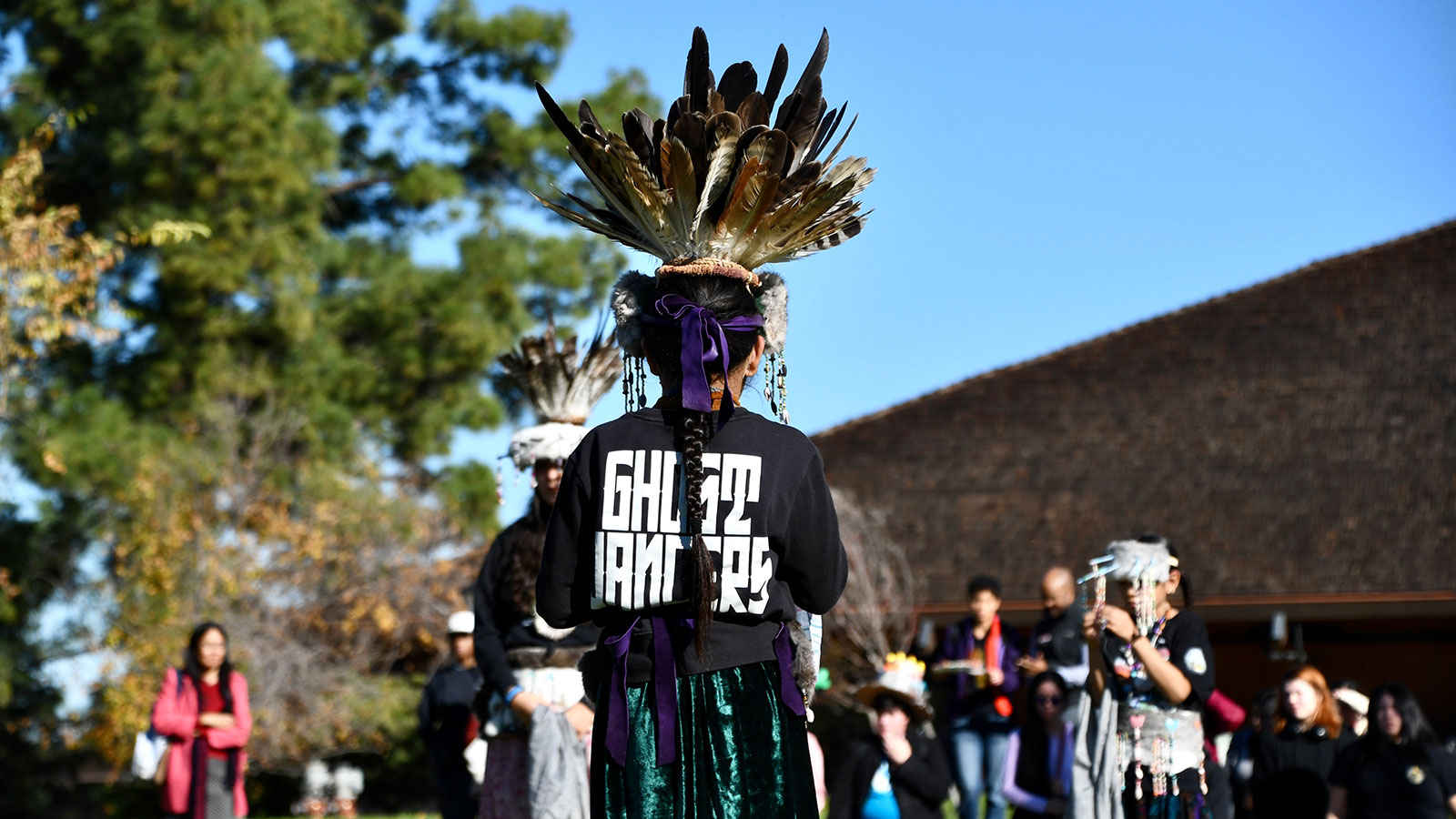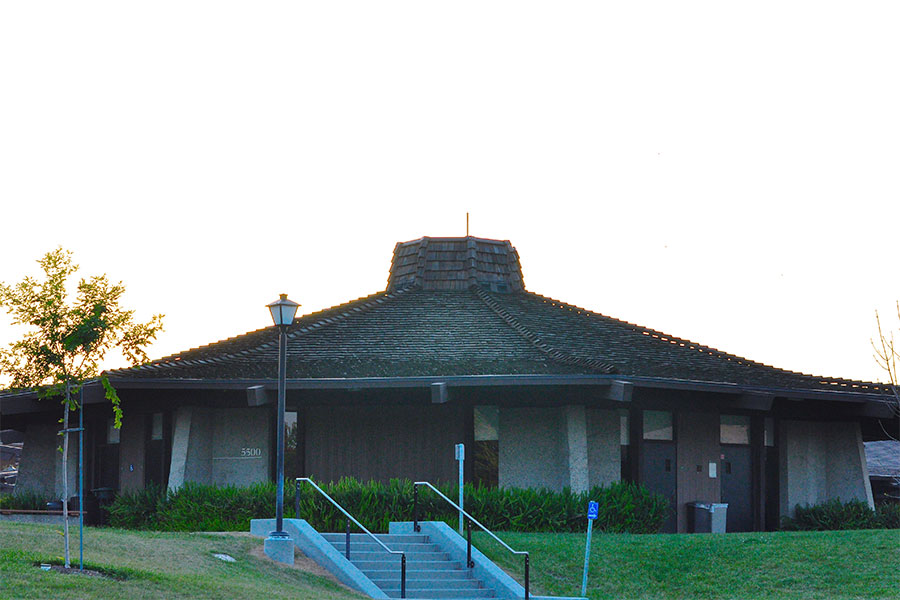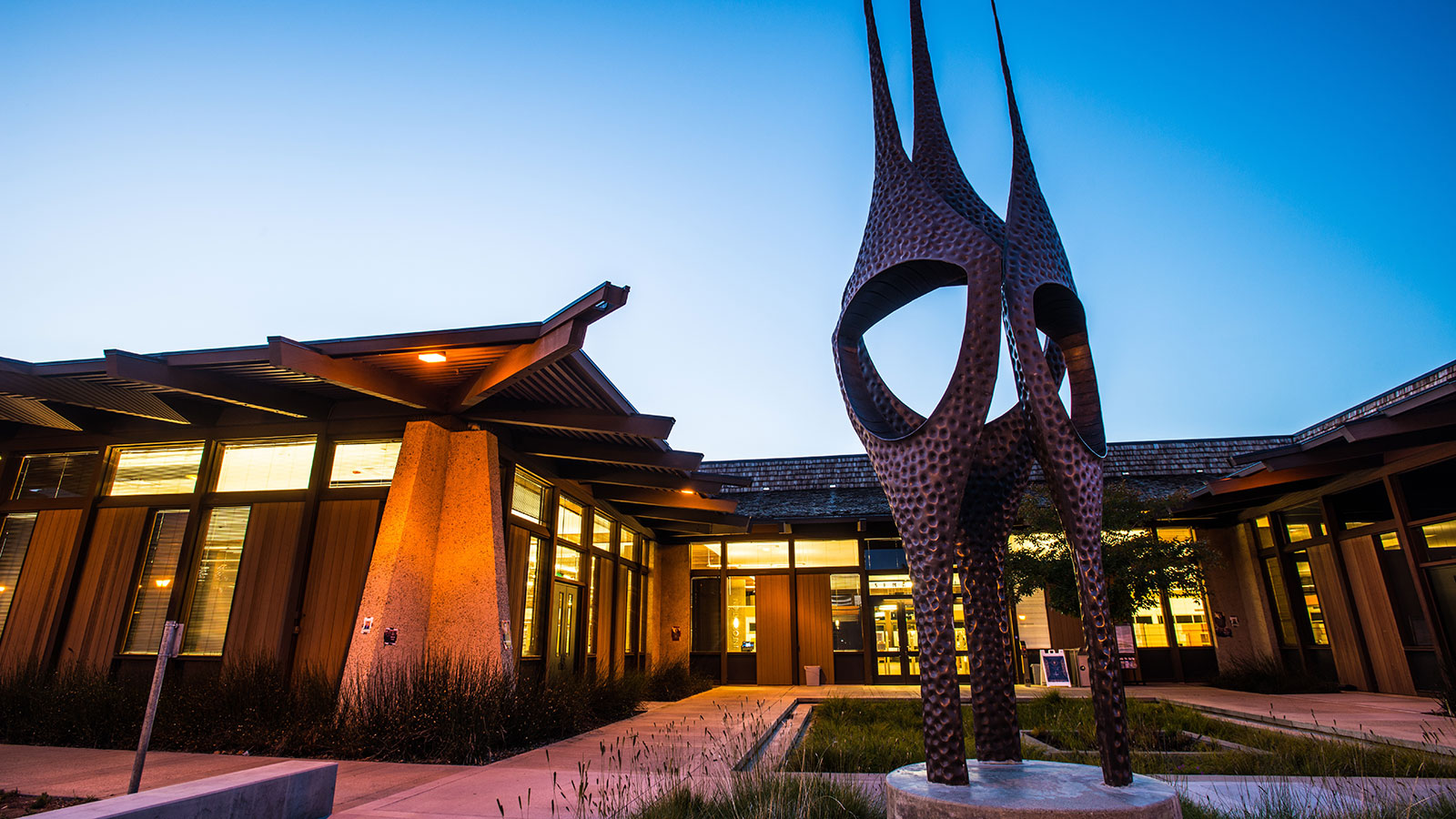
Ethnic Studies
Interest FormWhy Study Ethnic Studies
Many students feel upon completing their K-12 education that culturally relevant curriculum has been missing from their education. This is no accident. As Angela Valenzuela explains in her book Subtractive Schooling, traditional models of education use a combination of assimilationist practices and policies to push students towards assimilating into the dominant culture of the United States.
Ethnic Studies courses can be a space that resists subtractive schooling by embracing and highlighting the culture of students, providing students with opportunities to gain insight into their own positionalities and ultimately have pride in themselves.

General Education Courses
All Foothill Ethnic Studies courses satisfy GE requirements for CSU Area D and Area F and Foothill GE requirements for Area I, Humanities, and Area VI, United States Cultures & Communities. Explore our course listing below.
GE Requirements
Featured Spring Course
ETHN 4: Introduction to Native American Studies Explore indigenous ways of knowing and being, including storytelling and traditional environmental knowledge, and applications to the sustainability of indigenous communities in the 21st century.
ETHN 4 Info CRN 41469Courses Satisfying Ethnic Studies Requirements
For complete course details, including units, hours and prerequisites, view Course Catalog.
Exploration of the field of African American Studies: history, literature, the arts, and culture, as well as sociological, political, economic, public policy, and philosophical perspectives on the experience of peoples of the African diaspora in the United States. The values, experience, and contributions of Black/African American individuals in the United States will be identified, examined, and authenticated.
Our Approach
At Foothill, we believe that successful Ethnic Studies courses achieve three goals.
- Implement decolonial pedagogy, providing students with the tools to undertake a systemic critique of power and the traumatic history of colonialism and racism, while shifting traditional classroom dynamics toward a student-driven liberatory process.
- Are adaptive to and shaped by community knowledge, helping students further understand the racial struggles they have already witnessed in their lives and in the United States.
- Use culturally relevant, intersectional approaches that allow students to see all of themselves in the course material.
Related Programs
Related Programs
Explore other areas of study that may fit your interests.
Related Programs and Degrees

Contact Us
Ulysses Acevedo, Department Chair
Email: acevedoulysses@fhda.edu
Phone: 650.949.7507
Questions for Division Dean? Visit Language Arts & Ethnic Studies Division.


